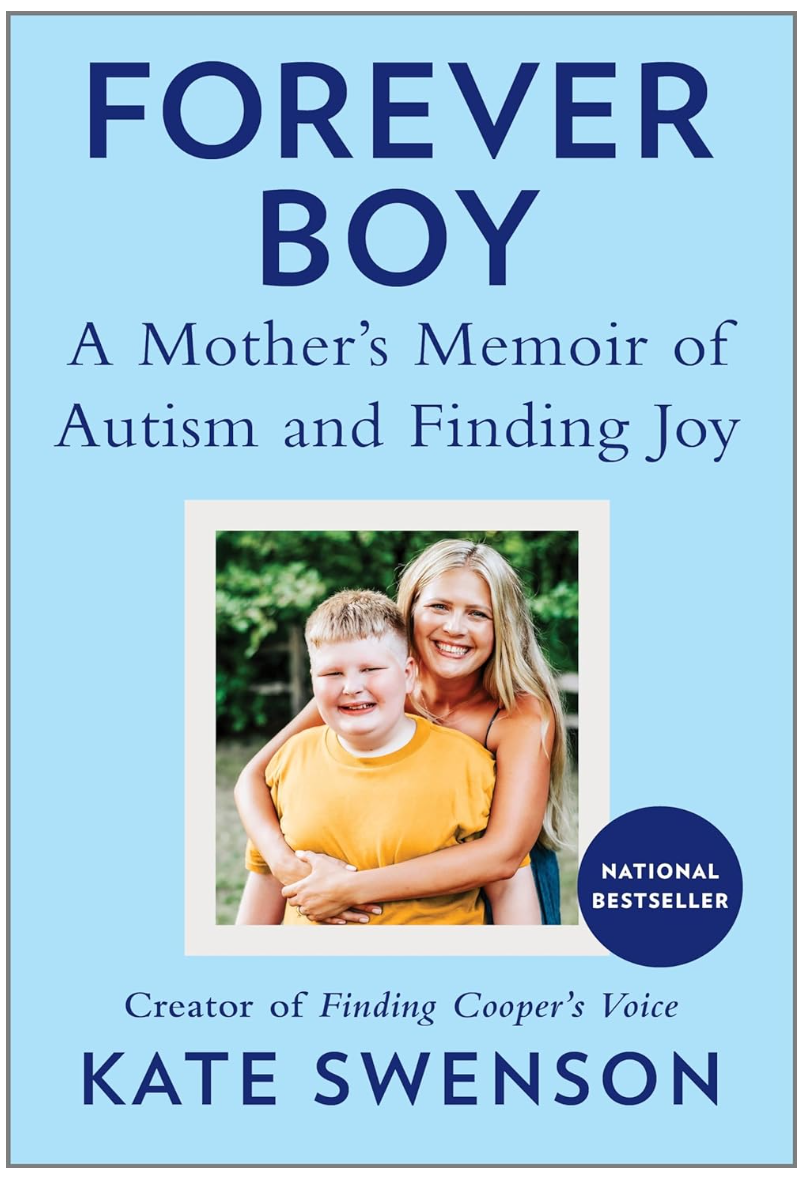Let’s Talk about Residential Treatment

It was unfathomable just a mere year or so ago that I would ever consider “sending my son away” for treatment. He’d be with people we didn’t know. We wouldn’t know what was happening on an daily basis. It seemed too hard, too cruel, too long. UNTHINKABLE.
Yet here we are. We have tried EVERYTHING.
Inpatient hospitalization, day treatment, shorter school days, EBD program with small class size and lots of support. Occupational therapy, crisis therapy in our home, intensive in home therapy, outpatient therapy. We have invited home skills workers, social workers, and autism specialists into our home to support our sweet boy. Oh, and monthly child psychiatrist visits to continue to pursue med relief even though that eludes us.
But here we are. We will do anything to give him the opportunity to get better. The professionals agreed this is the next step. How do we ever deny him this chance? How can we sit here and continue things that don’t work with no success?
We made this hard decision. RESIDENTIAL TREATMENT.

According to goodtherapy.org, “ Residential treatment allows individuals to experience 24-hour care while pursuing therapy to confront the challenges of conditions related to substance abuse, addiction, and eating disorders.
At residential treatment centers, individuals are able to access a higher level of care than can be provided by individual, family, or group therapy alone. Residential treatment centers are available for both youth and adults, and stays can range in length from 28 days to six months and beyond.
Retreat-based therapy offers individuals, couples, and families the opportunity to spend a short period of time on an intensive therapeutic retreat where they can focus on addressing any concerns negatively impacting their well-being. The popularity and success of this type of therapy, as well as that of residential treatment, lies at least partially in the benefit many people obtain from stepping away from their everyday surroundings and immersing themselves in therapeutic work at a dedicated facility.
The intensive therapeutic services offered by residential treatment centers require individuals seeking treatment to leave their homes and reside in a treatment facility for the duration of therapy. These centers are in place to provide safe, effective, evidence-based care for adolescents and adults who have experienced profound negative consequences from issues related to substance abuse, addiction, and/or eating and food issues, among others. In residential treatment, individuals have the opportunity to address behavioral, emotional, and mental health needs with the guidance of licensed mental health professionals.”
Our son William was admitted on March 13th. Two hours away from our home. He may be there for six months or more. The first couple weeks we struggled so much—- how can we do this? How can we not??
I am so excited to tell you that William is making gains, using coping skills and attending school every day. EVERY DAY. His work is not easy. He works hard every waking hour. LITERALLY.
The facility we placed him in is amazing. The staff is so dedicated. It takes a special person to work with youth. But youth who are struggling like William — wow. These are amazing, dedicated people and I admire them. So much.
Here at home we are making gains too. We know he is safe. We are spending time with our other two kids. We are going on dates together and reconnecting with our friends. We are figuring out what “normal” is again. We are hitting the RESET button.
But this existence is hard too. We enjoy the freedom one minute and then we are crying the next.
So here we circle back to hope. I am not a religious person. So maybe hope is my “faith.”
All I know is that even as we work through this difficult chapter, my hope strums strong and reverberates within my heart and soul that my brave boy will one day have the life that he deserves.

Written by, Margaret Axe
Margaret is the proud mama to William, an eleven year old boy with autism, ADHD and anxiety. Margaret shares the journey of her sweet, tow headed, sensitive boy on Facebook at https://www.facebook.com/hopeiswhatmatters/. She hopes her page educates, inspires, reduces stigmas and provides hope for all those who love someone with a mental illness.
Interested in writing for Finding Cooper’s Voice? LEARN MORE
Finding Cooper’s Voice is a safe, humorous, caring and honest place where you can celebrate the unique challenges of parenting a special needs child. Because you’re never alone in the struggles you face. And once you find your people, your allies, your village….all the challenges and struggles will seem just a little bit easier. Welcome to our journey. You can also follow us on Facebook and subscribe to our newsletter.


This is where I’m at. Everyday I’m filling out applications and praying, PRAYING he will qualify for a good program and I can afford it. And praying someone will help me help my son before it’s too late.